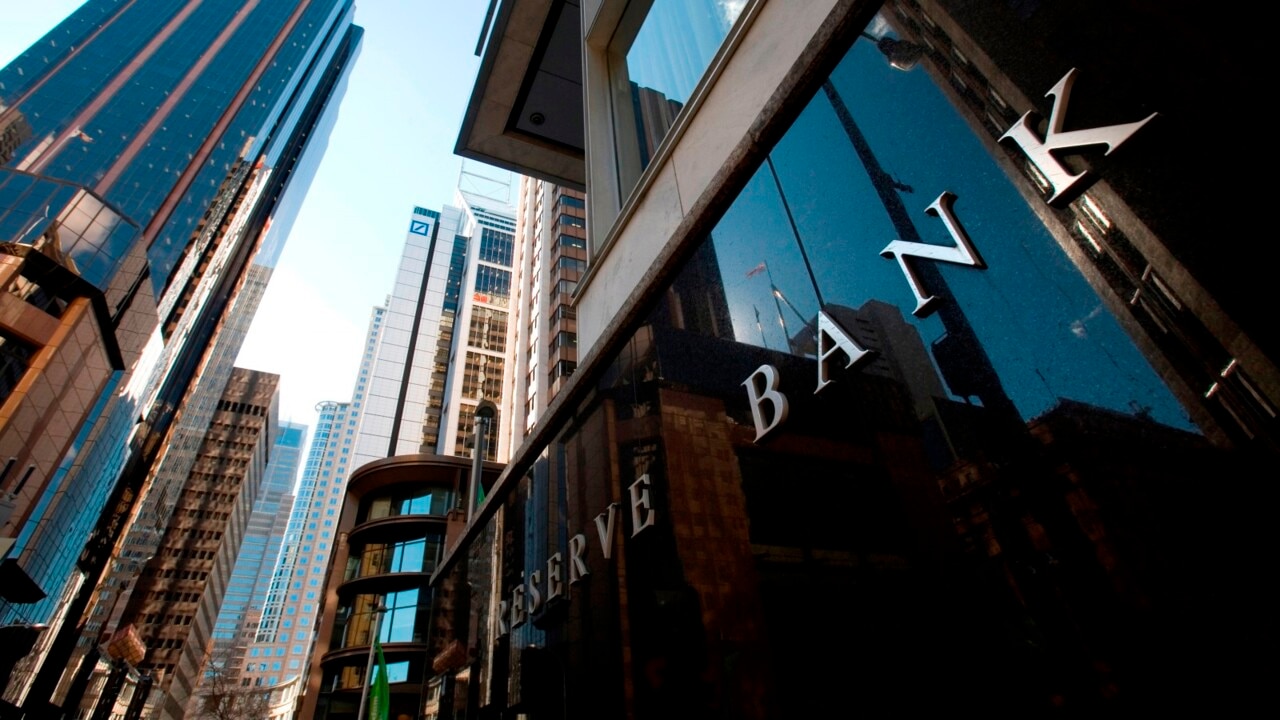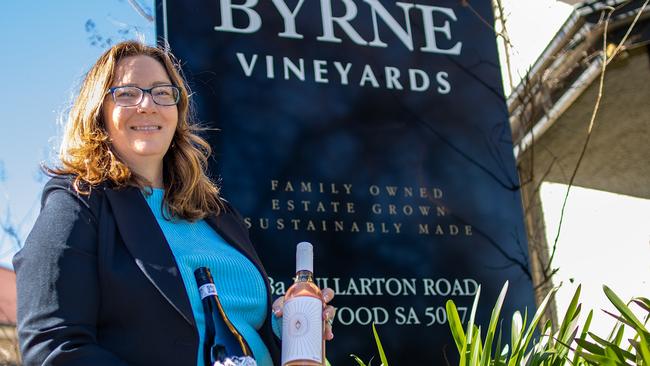Business SA says confidence had dipped sharply as rates pain bites
Business confidence in SA has plummeted, Business SA says, with a sharp decline in the outlook prompting a comparison with conditions following the Global Financial Crisis.

Business confidence in South Australia has plummeted, Business SA says, with a sharp decline in the outlook among local business owners prompting a comparison with conditions following the Global Financial Crisis.
The Business SA, William Buck Survey of Business Expectations for the June 2023 Quarter, released on Tuesday, shows business confidence fell a huge 19.6 points to 77.3, where 100 is a neutral level.
This is well below the average confidence measure of 88.3 for the past decade.
Respondents to the survey attributed the abrupt decline to interest rate rises.
Business SA chief executive Andrew Kay said the results reflected the sentiment flowing through in discussions with local businesses.
“It is clear that optimism stemming from positive growth in the previous year has now been dampened by an economic slowdown,’’ Mr Kay said. “Rising interest rates are constraining consumer demand, while added labour and energy costs are further squeezing businesses’ profitability. What this shows is the rationale behind the 12 interest rate hikes is achieving its intended purpose.’’
The June quarter survey also showed a significant decline in the general business conditions index, which tracks businesses’ operational performance over the previous period.
This index fell 19.3 points from 105.9 to 86.6 points. The index had been above 100 in the previous three quarters.
Businesses also reported sales revenue for the June quarter falling short by 11.4 points, compared to expectations outlined in the March quarter survey.
“This trend is echoed in other survey indices, including orders received, average selling price, employment levels, and profitability, which all highlight the recent slowdown in the economy,’’ Business SA said. “Business operators commented throughout the survey that they, and their customers, had far less disposable income in the June quarter, leading to reduced spending.
“Household discretionary spending falling for three consecutive months and falling retail sales volumes for three straight quarters confirm this.
“These conditions are likely to be a feature of the economy well into 2024. Coupled with retail energy price increases of up to 29.8 per cent from July 1 and a 5.75 per cent award wage increase, it will be a difficult period for many South Australian businesses.’’
In terms of issues keeping them awake at night – a new question in the survey – nearly two-thirds of business operators said the cost of doing business was the major issue.
Profitability and profit margins were the second most pressing issue.
“Increased costs are making many business margins ever thinner, a significant problem for many and especially for those operating with fixed contracts or in sectors most impacted by changes in discretionary spending,’’ Business SA said.
The Riverland’s Byrne Vineyards has had one of the most difficult years in recent times but is intent on “crushing it” in its sixtieth year, and well into the future.
Petria Byrne, third-generation chief executive of the vineyard and wine business, said recent floods, red wine oversupply and severe inflationary pressures had been challenging.
“I can’t recall a time when doing business was so all-consuming,” Ms Byrne said.
“Although our sales projections have materialised, and demand for our products has remained strong, our margins continue to shrink.”

Ms Byrne operates out of an office on Norwood Parade. A certified sustainable vineyard near the Riverland township of Morgan, 165km from Adelaide, produces their vegan-friendly wines.
Byrne serves as the master brand for its subsidiaries Calcannia, Criminal Minds, Flavabom, Glamper and Sidney Wilcox.
The company has been exporting for 25 years and Ms Byrne said its diversity of markets was an asset when the China market collapsed.
“Exports account for 65 per cent of our turnover. We send our wine to around 15 countries, with Germany and Denmark commanding a significant market share,” she said.
“We managed to avoid a catastrophic decline in export sales when we lost the China market, which only accounted for 8 per cent of our sales, by maintaining our diverse export strategy.”
Ms Byrne said the company would launch some new branding as apart of its 60th anniversary and was looking into producing lower alcohol wines.







To join the conversation, please log in. Don't have an account? Register
Join the conversation, you are commenting as Logout